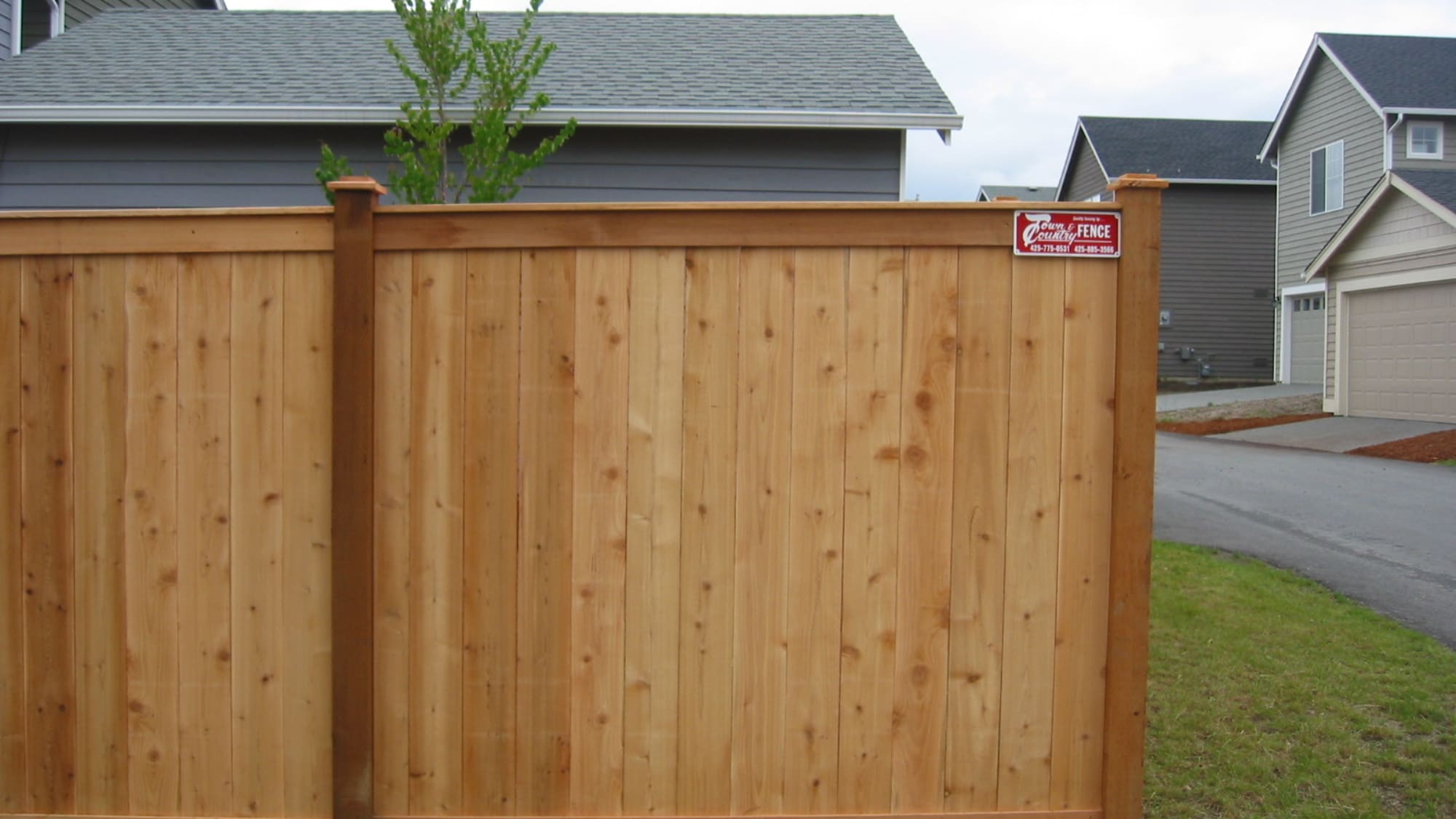What Type of Fence Lasts the Longest?
It’s easy to say that wrought iron and steel are the longest-lasting fence materials, yet a common misconception is to focus singularly on the material. Yes, the material plays a major role in determining how long a fence lasts. But it’s by no means the sole determining factor.
Most folks overlook the equally crucial elements of installation, maintenance, and environmental conditions. No matter how sturdy its construction material might be, a poorly installed fence or one neglected in terms of upkeep is unlikely to withstand the tests of time.
Meanwhile, a fence in an area prone to severe weather conditions will most likely have its lifespan significantly reduced, regardless of the robustness of its material. As such, understanding fence longevity is a multi-faceted issue that requires a comprehensive perspective.
That said, there’s no denying that the material used for the fence plays a key role in its longevity. Here’s a look at some of the most commonly used fencing materials and their expected lifespans when well-maintained:
1 – Wood
Wooden fences, depending on the type of wood used, the quality of the installation, and the level of maintenance, have a lifespan that can range from 15 to 40 years. Cedar is naturally resistant to insect infestations and decay, reducing the amount of maintenance needed. But remember that cedar fences are almost double the price of pine, and installation is usually more expensive.
2 – Chain Link
Chain link fences are often downplayed and underestimated when considering durability and longevity. However, these fences offer a significant advantage in terms of lifespan. With professional installation and religious maintenance, a chain link fence will serve you for over 20 years, sometimes even 30 years. The key factors contributing to this durability are its resistance to the elements and robust structure.
While they may not offer the visual appeal of wooden fences, chain link fences resist rot, pests, and decay, common issues that will shorten the lifespan of wooden fences. They’re a cost-effective choice because of the minimal maintenance requirements. The chain link fences’ longevity, affordability, and functionality make them a compelling alternative, particularly when the focus is on longevity and durability.
3 – Wrought Iron
While wrought iron isn’t a common choice for residential properties, you should never overlook its inherent strength and durability as a fencing material. Wrought iron fences are incredibly resistant to adverse weather conditions and physical damage, boasting a typical lifespan of more than 60 years when properly maintained.
One of the standout attributes of wrought iron is its natural resistance to warping and rotting. Wrought iron is less permeable to moisture than wooden or even metal fences, which corresponds to reduced rusting and decay, which are common issues in other fencing materials. Wrought iron fences remain sturdy and resilient, even in harsh climates, so they’re preferred in commercial and industrial settings.
Wrought iron is less vulnerable to pests and insects, seriously threatening the longevity of many other fences. This, combined with its ability to withstand warping and rotting, makes it an exceptionally low-maintenance fencing option. Of course, it’s not all positive for this fence material, as wrought iron fences require a higher initial investment in the material and the installation process.
And if there’s another reason some property owners would want it, it’s the aesthetic appeal of a wrought iron fence. The classic look will supplement your home’s overall aesthetic without skimping on quality or durability.
4 – Vinyl
Vinyl or PVC fencing is popular among property owners because they’re affordable and maintenance-free.
There’s a chance you’ll pay almost the same amount for a vinyl fence installation as with wood or chain link fences, but its cost-effectiveness becomes apparent over time. There’s no requirement for regular treatments or repairs, making it the more sensible option in the long run. Vinyl fencing is arguably the most versatile in terms of aesthetics, as it’s available in various designs and styles, allowing you to pick an option that suits your taste.
Vinyl fencing offers low to no maintenance requirements. Unlike wood, which will ultimately rot or warp, and metal, which develops rust, vinyl is resistant to these common issues. It retains its appearance and structural integrity over time, requiring only occasional cleaning to remove dirt or dust. This ease of maintenance will eventually save you time and effort, making vinyl fencing a convenient and hassle-free choice.
But longevity-wise, vinyl fencing doesn’t quite compare to the other materials discussed here. A vinyl fence may last a decade or more, but you’ll likely have to replace it sooner than a wooden, chain link, or steel fence. The reason is its susceptibility to cracking in harsh conditions and fluctuating temperatures.
Final Thoughts
Discerning a fencing material’s longevity is integral to the decision-making process. Nonetheless, it’s a subjective approach. The perceived value of longevity may vary considerably among property owners. Some might prioritize design aesthetics, while others may be more concerned about the initial outlay and ongoing maintenance. A fence serves as a boundary marker and an extension of the property’s overall aesthetic and reflects the owner’s style and priorities. Therefore, your choice of material should align with your unique needs and preferences, balancing longevity with other equally important factors.
For nearly six decades, Town and Country Fence has stood as the premier fencing authority in King and Snohomish Counties in the Seattle area. Our enduring legacy emphasizes our steadfast dedication to our community and to our customers. If you need a new fence, then give us a call today at 425-775-0531.


Add a Comment
You must be logged in to post a comment